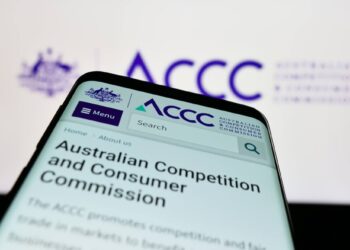The Australian Prudential Regulation Authority (APRA) has refused to confirm that superannuation funds will end up paying the cost of any fraud committed as a result of the Government’s hardship early release superannuation scheme.
APRA deputy chair, Helen Rowell, declined to confirm to a Parliamentary Committee that it would be the superannuation funds rather than the Australian Taxation Office (ATO) who would end up reimbursing members who were the subject of fraud.
What is more, Rowell argued before a hearing of the House of Representatives Standing Committee on Economics that the incidences of fraud attaching to the Government’s early release scheme had not been large or particularly extensive.
Answering questions from the committee’s deputy chairman, ACT Labor’s Andrew Leigh, Rowell confirmed, however, that while the ATO certainly confirmed the eligibility of members to receive early release, it was up to the superannuation funds and their administrators to carry out the further checks validating the early release claims.
She said that the ATO was responsible only for confirming eligibility of a member, with the job of conducting checks and uncovering fraud a matter for the superannuation funds.
However, she disagreed with Leigh that this necessarily meant that in the event of fraud, the superannuation funds would end up making good the losses, suggesting it would depend on the circumstances.
“I don’t think that it is a black and white issue,” Rowell said.




